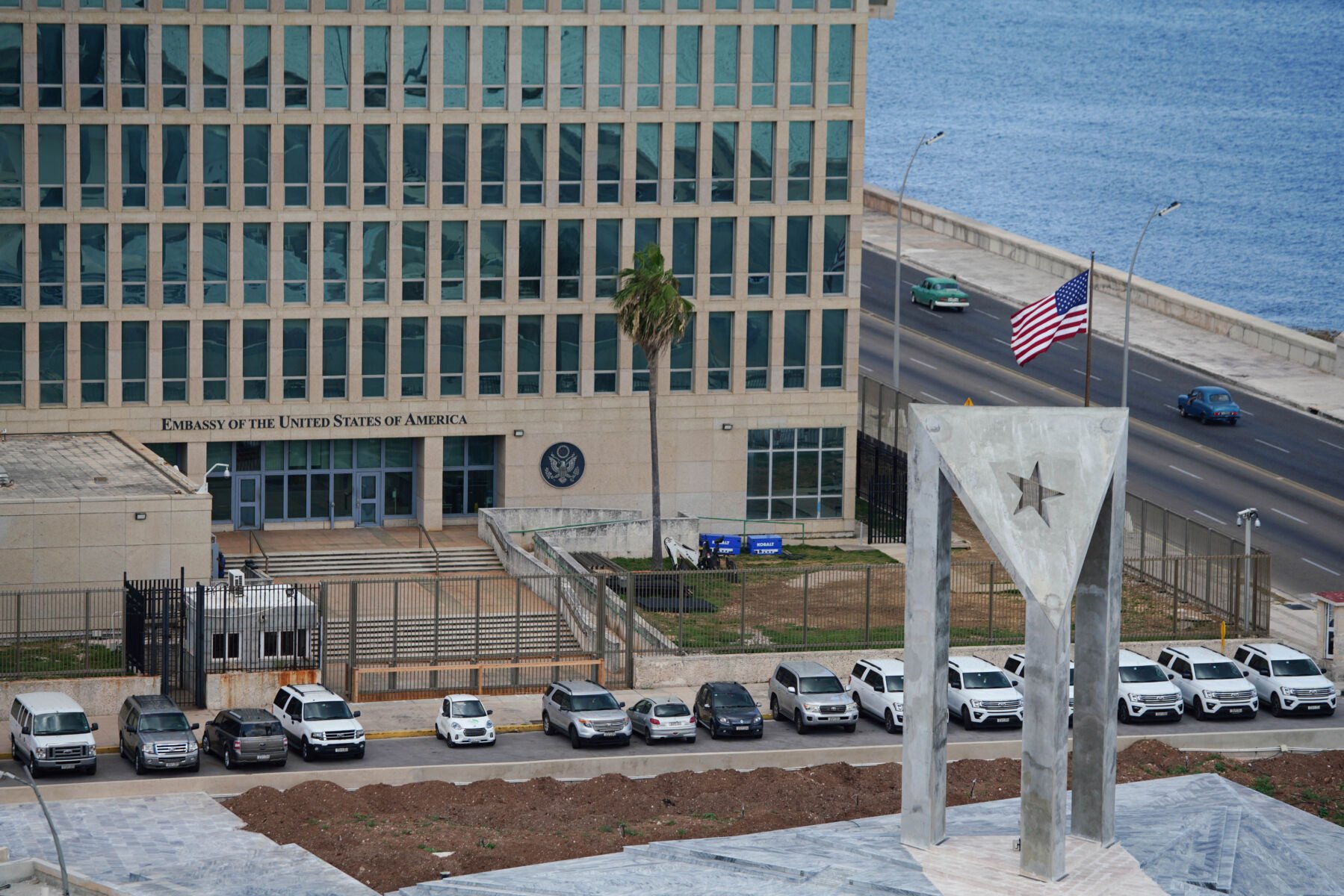US and Cuba dismiss claims of China’s multi-billion dollar spy base plan

Multiple government sources in the Caribbean and the United States have dismissed a Wall Street Journal report claiming Beijing planned to establish a spy base in Cuba. The New York-based newspaper cited an alleged “secret agreement” for China to set up an electronic eavesdropping facility on the island, enabling it to intercept emails, phone calls, and other data from the US.
John Kirby, spokesperson for the White House National Security Council, told the Reuters news agency that the report was “not accurate.” Similarly, US defence department spokesperson Brigadier General Patrick Ryder stated they were not aware of China and Cuba developing a new spy station.
In Havana, Cuban Deputy Foreign Minister Carlos Fernandez de Cossio rejected the Journal article as “totally mendacious and unfounded,” labelling it a US fabrication intended to justify Washington’s longstanding economic embargo against the island. He emphasised that the island opposed all foreign military presence in Latin America and the Caribbean.
A spokesperson for the Chinese embassy in Washington also denied knowledge of the case, stating they could not comment at the moment.
The report sparked concerns among US politicians, particularly on the right. Republican presidential candidate Nikki Haley posted on Twitter, “This month alone, China has harassed and threatened a US fighter jet and naval ship. Now, it’s putting a spy base in Cuba.” Ohio Representative Jim Jordan blamed US President Joe Biden, linking the news to the Chinese spy balloon that traversed US airspace earlier this year.
The Wall Street Journal stated that the facility would enable Beijing to gather electronic communications from the southeastern US, home to numerous US military bases, and monitor ship traffic. The US Central Command headquarters is located in Tampa, while Fort Liberty, formerly Fort Bragg and the largest US military base, is in North Carolina.
This reported deal emerges as Washington and Beijing seem to be making cautious steps towards easing tensions that have risen over issues such as Taiwan, the South China Sea, human rights, and the suspected spy balloon. The balloon incident in February led Secretary of State Antony Blinken to cancel a planned visit to Beijing, with suggestions that it could now take place in the coming weeks.
“We have had real concerns about China’s relationship with Cuba, and we have been concerned since day one of the administration about China’s activities in our hemisphere and around the world,” the White House’s Kirby said.
Latest Thailand News
Follow The Thaiger on Google News:


























